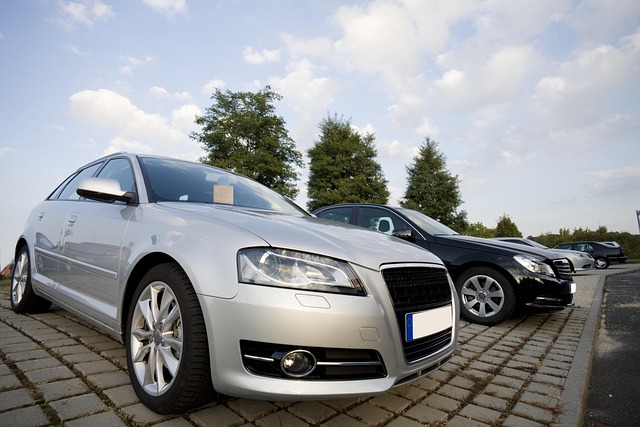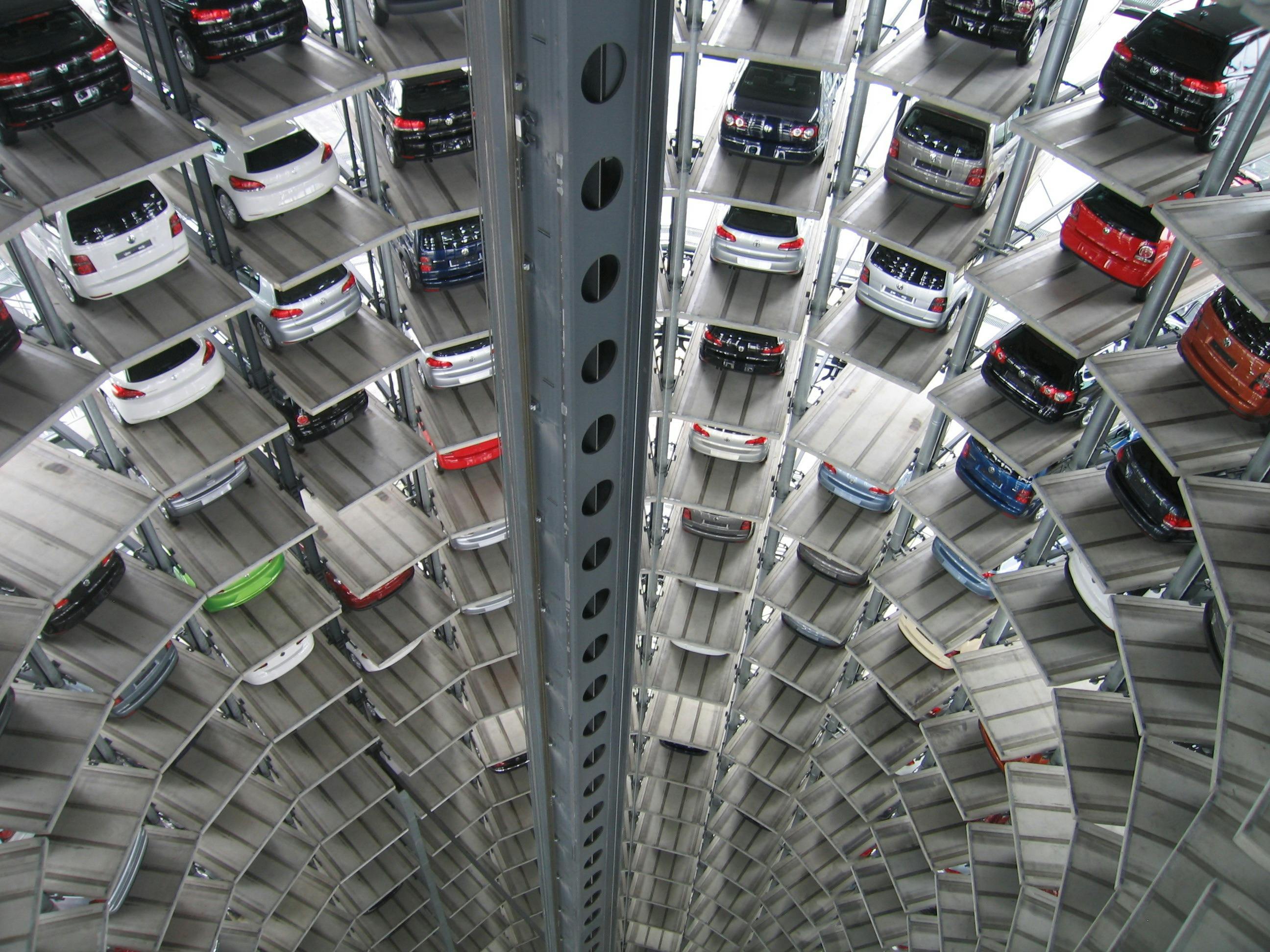Explore Bank Repossessed Vehicles for Deals in 2025
Bank repossessed vehicles offer a fantastic opportunity for budget-conscious buyers to secure the car of their dreams at significantly reduced rates. With many repossessed vehicles in good condition—often sold at auctions by banks—prospective owners can discover a diverse range of makes and models. These deals extend beyond just affordable family cars; they include luxury vehicles that can provide immense value. By exploring bank repossessed options, buyers can capitalize on exceptional savings and even consider potential resale value in the ever-evolving auto market of 2025.

What are bank repossessed vehicles?
Bank repossessed vehicles are automobiles that have been reclaimed by lenders due to loan defaults. When a borrower fails to make payments on their car loan, the financial institution has the right to take possession of the vehicle. These cars are then sold to recoup the lender’s losses. Repossessed vehicles can come from various sources, including banks, credit unions, and other financial institutions.
How can you find repo cars for sale?
Finding repossessed cars for sale requires some research and effort. There are several ways to locate these vehicles:
-
Online auctions: Many financial institutions partner with online auction platforms to sell their repossessed inventory.
-
Local auctions: Some areas host in-person auctions for repossessed vehicles, which can be found through local listings or auction house websites.
-
Bank websites: Some banks list their repossessed vehicles directly on their websites, allowing potential buyers to browse available options.
-
Repo car dealerships: Certain dealerships specialize in selling repossessed vehicles, offering a variety of makes and models.
-
Government auctions: Federal and state agencies sometimes auction off seized or surplus vehicles, which can include repossessed cars.
What financing options are available for repossessed cars?
Financing a repossessed vehicle can be similar to financing any used car, but there are some unique considerations:
-
Traditional auto loans: Many banks and credit unions offer loans for repossessed vehicles, often with competitive interest rates.
-
In-house financing: Some dealerships specializing in repo cars may offer their own financing options, which can be convenient but may come with higher interest rates.
-
Cash purchases: Buyers with available funds may choose to purchase repossessed vehicles outright, potentially securing better deals.
-
Credit union loans: Credit unions often offer favorable terms for auto loans, including those for repossessed vehicles.
-
Online lenders: Some online lenders specialize in auto loans for various credit situations, including those for repossessed cars.
What are the benefits of buying repossessed vehicles?
Purchasing a repossessed vehicle can offer several advantages for buyers:
-
Potential cost savings: Repossessed cars are often priced below market value, as lenders aim to recoup their losses quickly.
-
Wide selection: Repossessed vehicles come in various makes, models, and conditions, providing options for different budgets and preferences.
-
Opportunity for newer models: Some repossessed vehicles may be relatively new, allowing buyers to access recent models at lower prices.
-
Transparent history: Many repossessed vehicles come with detailed maintenance and ownership records, providing insight into the car’s history.
-
Negotiation potential: Depending on the selling method, buyers may have room to negotiate prices on repossessed vehicles.
How do repossessed car prices compare to traditional used car markets?
| Vehicle Type | Average Price (Repossessed) | Average Price (Traditional Used) |
|---|---|---|
| Compact Car | $8,500 - $12,000 | $10,000 - $15,000 |
| Midsize Sedan | $11,000 - $16,000 | $13,000 - $20,000 |
| SUV | $15,000 - $22,000 | $18,000 - $28,000 |
| Luxury Car | $20,000 - $35,000 | $25,000 - $45,000 |
| Pickup Truck | $14,000 - $25,000 | $18,000 - $30,000 |
Prices, rates, or cost estimates mentioned in this article are based on the latest available information but may change over time. Independent research is advised before making financial decisions.
What should buyers consider when purchasing repossessed vehicles?
While repossessed vehicles can offer good value, buyers should keep several factors in mind:
-
Vehicle condition: Thoroughly inspect the car or have a trusted mechanic evaluate it before purchasing, as some repossessed vehicles may have maintenance issues.
-
Limited warranties: Many repossessed cars are sold “as-is” without warranties, so buyers should factor potential repair costs into their budget.
-
Competitive bidding: Popular models may attract multiple bidders, potentially driving up prices in auction settings.
-
Title and lien status: Ensure the vehicle has a clear title and no outstanding liens before finalizing the purchase.
-
Market research: Compare prices of similar vehicles in the traditional used car market to ensure the repossessed car offers genuine savings.
By understanding the process of acquiring bank repossessed vehicles and considering the associated benefits and risks, potential buyers can make informed decisions when exploring these options for deals in 2025. Careful research, inspection, and financial planning can help consumers take advantage of the potential savings offered by repossessed cars while minimizing risks associated with such purchases.




